We previously talked about using fresh herbs to make your own teas and tisanes, which are great for digestion and relaxation. But did you know there are other, more topical ways to use herbs to promote wellness and self-care? In this blog, we'll explore the benefits of herbal self-care rituals like herbal tea soaks and face masks. We’ll also provide some easy recipes so you can create your own at-home apothecary using herbs you might already have, including many we offer here at Urban Leaf!
“Self-care” has become a buzzword recently, often associated with pricey products and indulgent practices. However, bathing—at its most basic—is actually an ancient therapeutic practice known as ‘balneotherapy,’ used as far back as Roman times in public bathhouses. Almost every ancient culture prescribed therapeutic bathing rituals to promote overall wellness and soothe the skin, our body's largest organ.

Herbs and oils have long been associated with bath therapy to relax the mind, soothe sore muscles, and promote soft, supple skin. Nowadays, many luxurious self-care products are filled with chemicals or tested on animals. We believe it’s more satisfying, sustainable, and cost-effective (not to mention fun!) to make your own. Here are two herbal bath soak recipes from Traditional Medicinals for you to try: Flower Powered Sea-Salts and Spring Tea Bath.

You can also create a more medicinal soak using Lemon Balm. To make your own bath tea, choose one or more of these organic botanicals:
- Mint Leaf
- Chamomile
- Holy Basil Leaf
- Lemon Balm Leaf
- Rosemary
How to Make a Herbal Soak
Mix your chosen herbs in a jar. Fill a drawstring cotton bag with the herbal blend and hang it over your faucet so hot water runs through the bag, creating a tea in the tub. Once the tub is full, toss the tied bag into the water and swish it around to infuse your bath with even more herbal goodness. Alternatively, you can make a large pot of herbal tea with your bath blend and add that to the tub before soaking.

Dried herbs can also be combined with Epsom salt for a deeply healing and relaxing soak, especially during cold and flu season. Try adding:
- Eucalyptus to act as a decongestant and help relieve nasal congestion
- Spearmint to energize the mind and body and help cleanse and tighten pores
- Peppermint to alleviate sinus pain and pressure and reduce inflammation
- Fennel to open up nasal passages
Mix these herbs with Epsom salt to create a bath that soothes the mind and body and relaxes the nervous system. Epsom salt is known to ease stress, relieve pain and muscle cramps, support muscle and nerve function, flush toxins, and improve nutrient absorption.
For a detoxing bath, add at least two cups of Epsom salt mixed with dried herbs to your bathwater and soak for 40 minutes total. The first 20 minutes allow your body to release toxins, while the last 20 minutes help you absorb the minerals in the water, leaving you feeling refreshed and rejuvenated. Be sure to drink water before and after the bath to stay hydrated.

After your bath, try this simple Ayurvedic Facial Mask recipe to pamper your skin further. Ayurveda is an ancient health philosophy that uses a holistic approach to wellness, incorporating many herbal remedies to balance the mind, body, and soul according to your unique body makeup, or ‘dosha’. While we may not know everything about Ayurveda, we do know that herbs have medicinal properties that benefit overall health—not just for eating, but for topical applications like bath soaks, facial masks, and scrubs.

We’d love to see how you use our herbs to create these home remedies! Tag us @geturbanleaf on Instagram to share your creations with us!

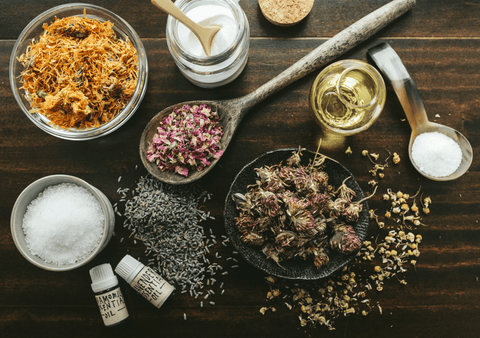
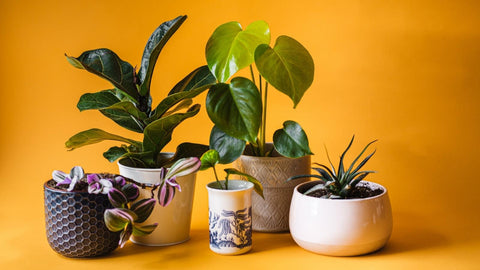


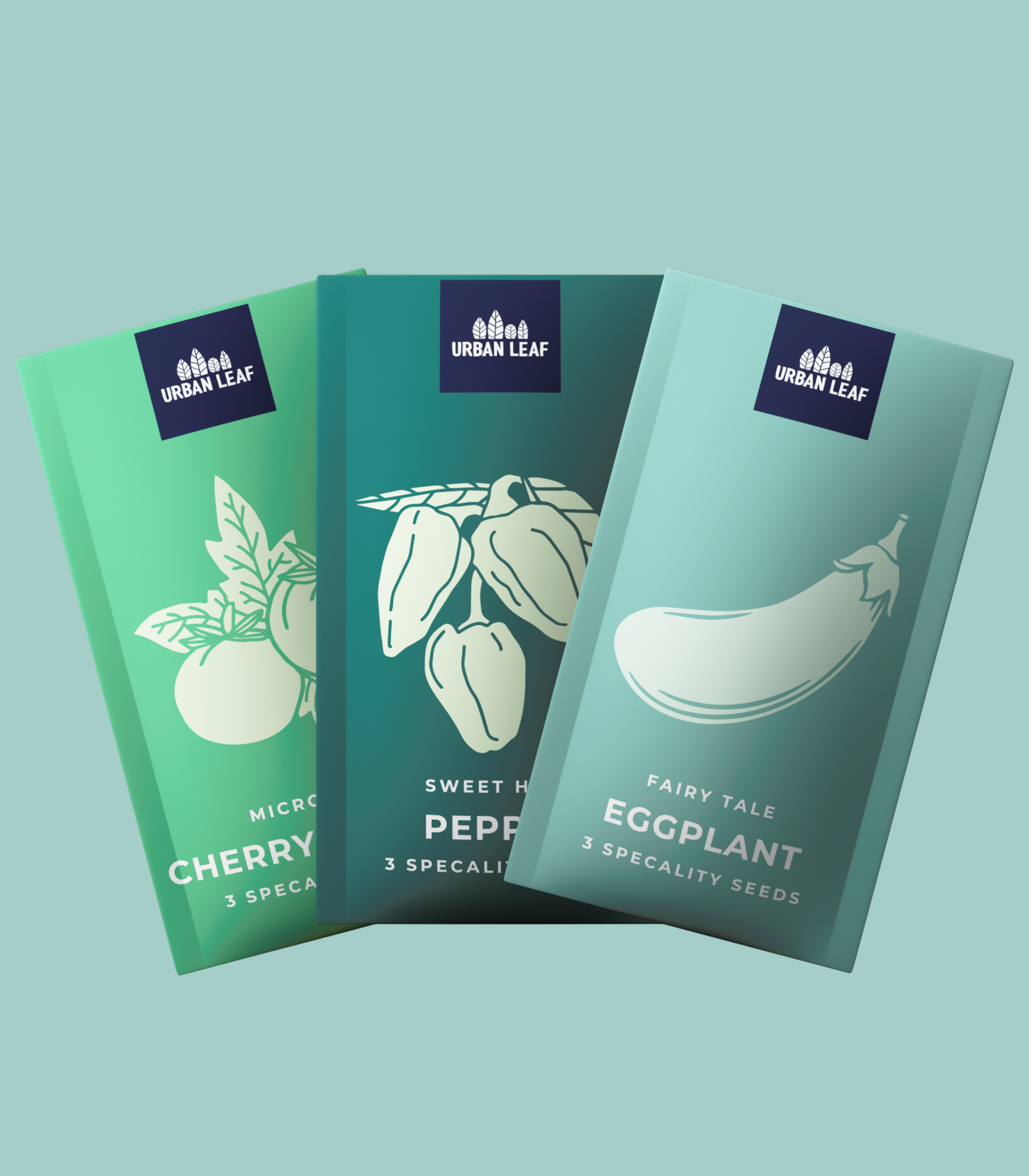
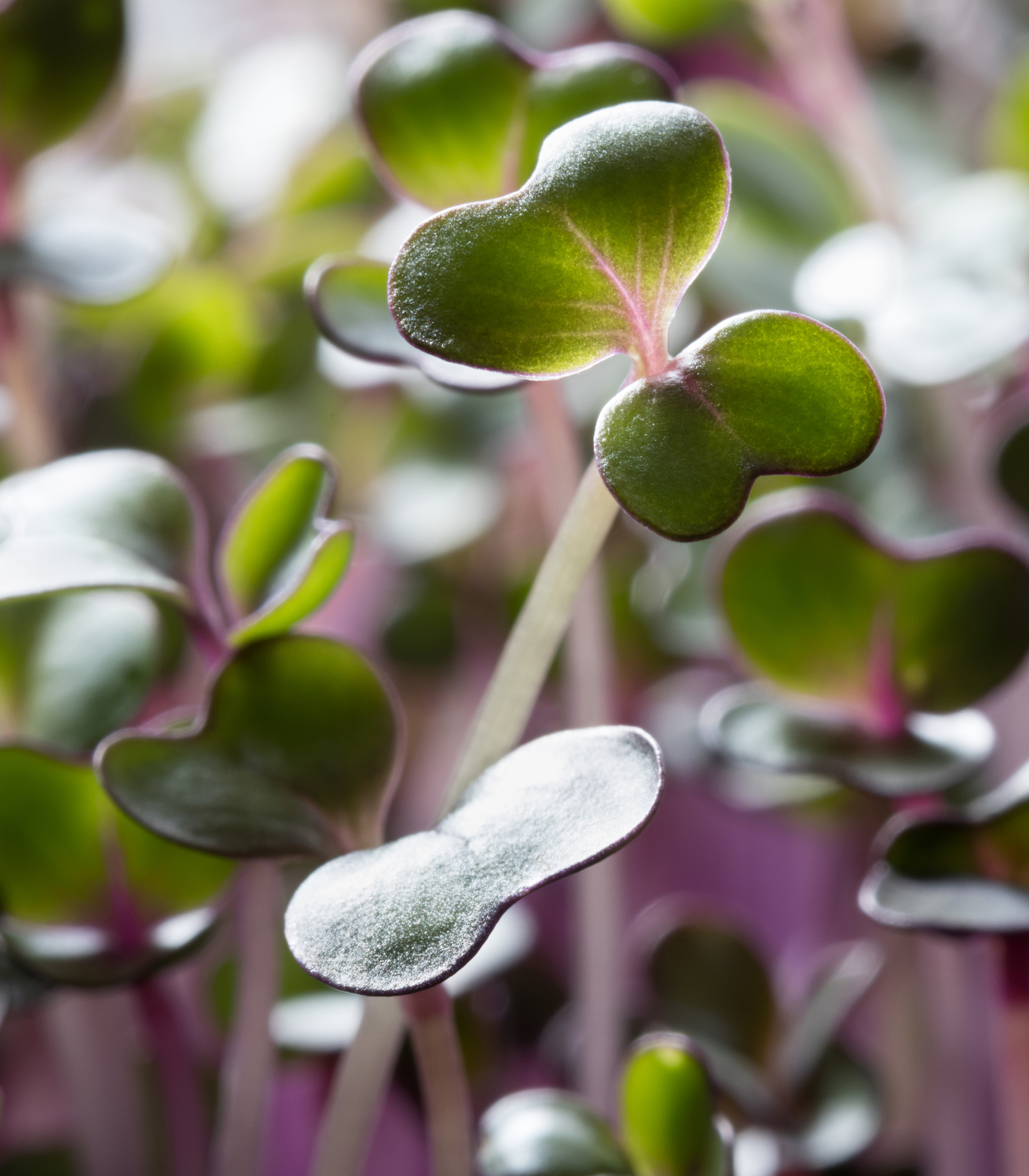
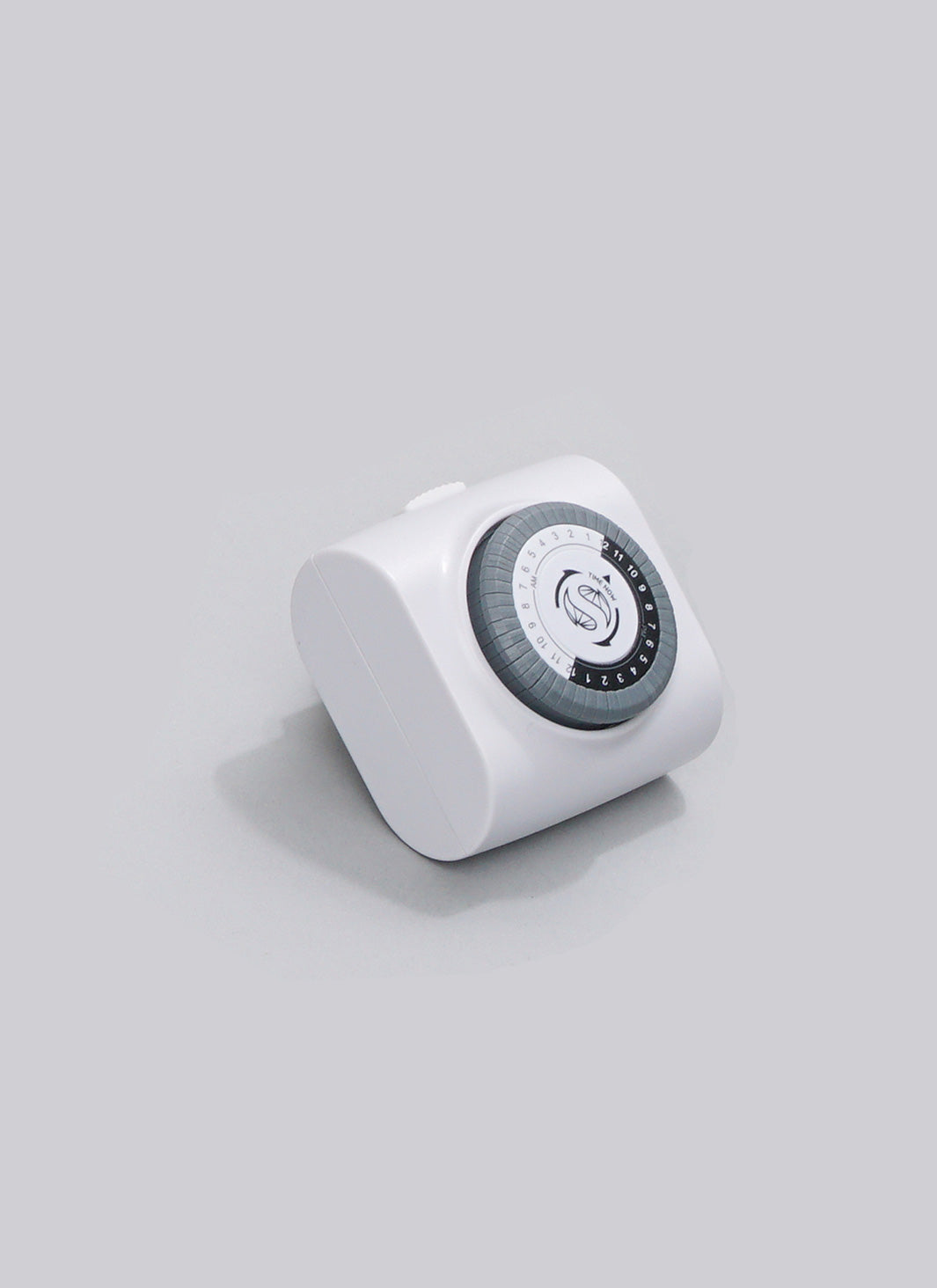
There are no comments for this article. Be the first one to leave a message!